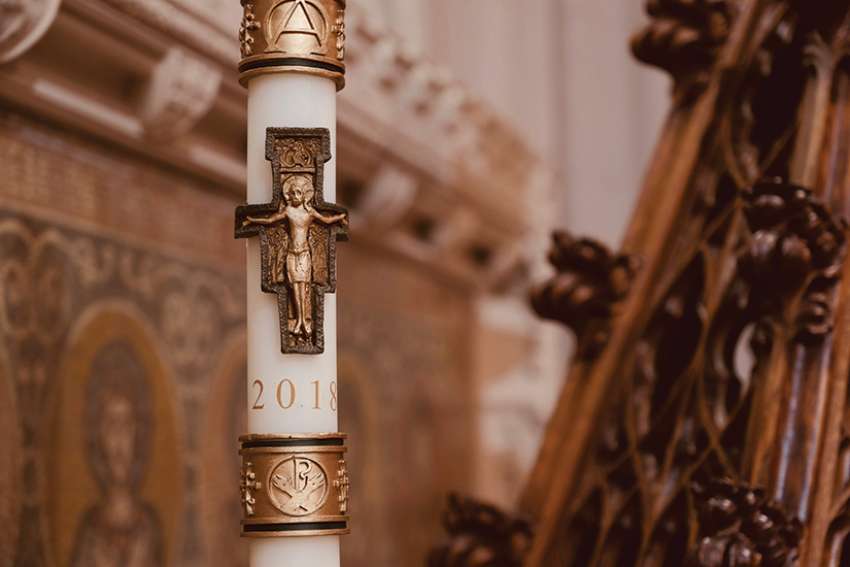• Cash and outright gifts: You gift a specified amount of cash and are given a tax receipt for the same amount.
• Bequests: A bequest in a Will is eligible for a tax receipt to your estate. Some of the most common types of bequests are residuary (in which a percentage of your estate is gifted to the Church after all other obligations have been met) and specific (in which a specific dollar amount is gifted for a specific purpose). Seek advice from a lawyer.
• Endowments: An endowment is a gift made to last. The original capital of the gift is preserved in perpetuity while the income that the capital generates is used to fund charitable programs. An example of an endowment is the ShareLife Legacy for Life endowment fund which generates an annual income to meet the ongoing needs of ShareLife agencies in the Archdiocese of Toronto.
• Life insurance: Life insurance gifts are possible to support your parish or favourite charity. As these gifts can be technical, it is necessary to consult a life insurance agent. (If you are a member of the Knights of Columbus, consider speaking with your Fraternal Benefits Advisor if you are considering a gift of insurance.) Depending on how the policy is structured, a donor can elect to receive a tax receipt on an annual basis or wait until after your death, in which case the receipt is issued to your estate. The gift can consist of a new policy or an existing one.
• Listed securities: A gift of securities can reduce taxes because securities that have appreciated in value and are donated directly to a Canadian charity escape capital gains tax.
• Gifts of RRSPs and RRIFs: It is possible to donate Registered Retirement Savings Plans and Registered Retirement Income Funds to charity and receive a tax receipt. Great care must be taken before doing so as there are tax consequences. You should always consult a financial professional before making this, or any other type of estate gift.
• Gifts of real estate: Real estate is another type of asset that can be donated, but it is important to note that when the property is not eligible for the principal residence exemption (i.e. it is not the primary residence) capital gains are taxable. Donors receive a charitable tax receipt for the fair market value of the property on death.
• Annuities: An annuity is generally understood as a type of insurance product that pays out an income for a period of time at a rate and amount specified at the time of purchase. Annuities can be gifted to charities and tax receipts received. Catholic Missions In Canada, for example, has a gift annuity program.
• Other types of in-kind gifts: These can include fine art, coin and stamp collections, jewellery, valuable sports memorabilia, vehicles, etc. The charity will most likely look to convert the gift into cash to further their charitable work. The tax receipt issued will be for the fair market value of the donation (not the insured value). It is important to note that the charity may require an independent appraisal.

